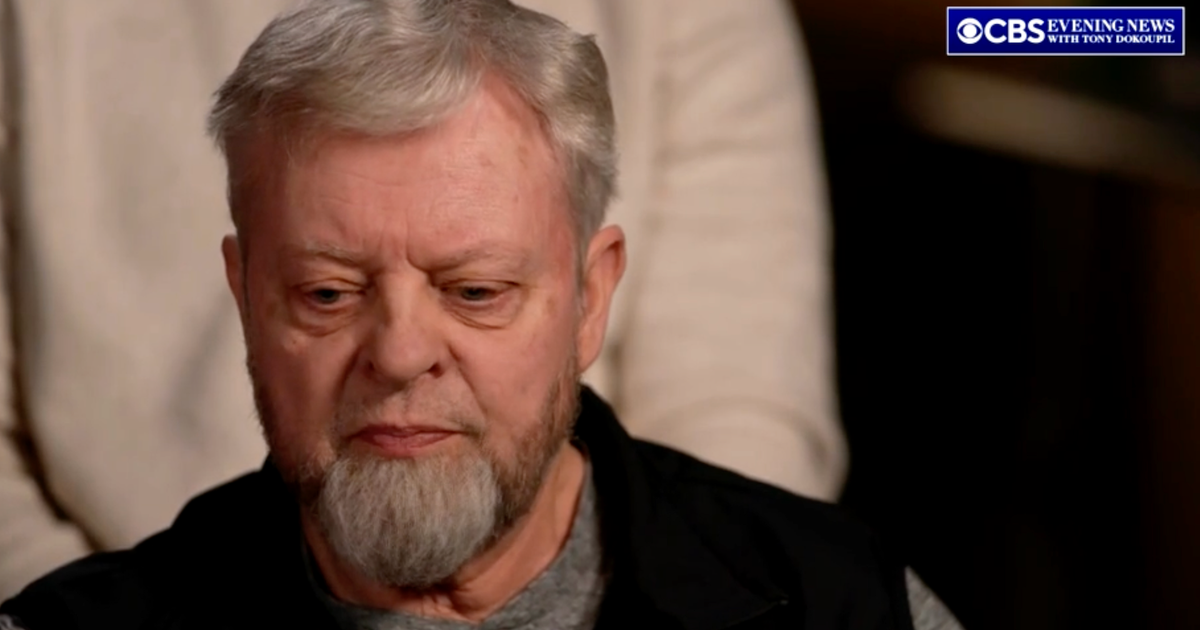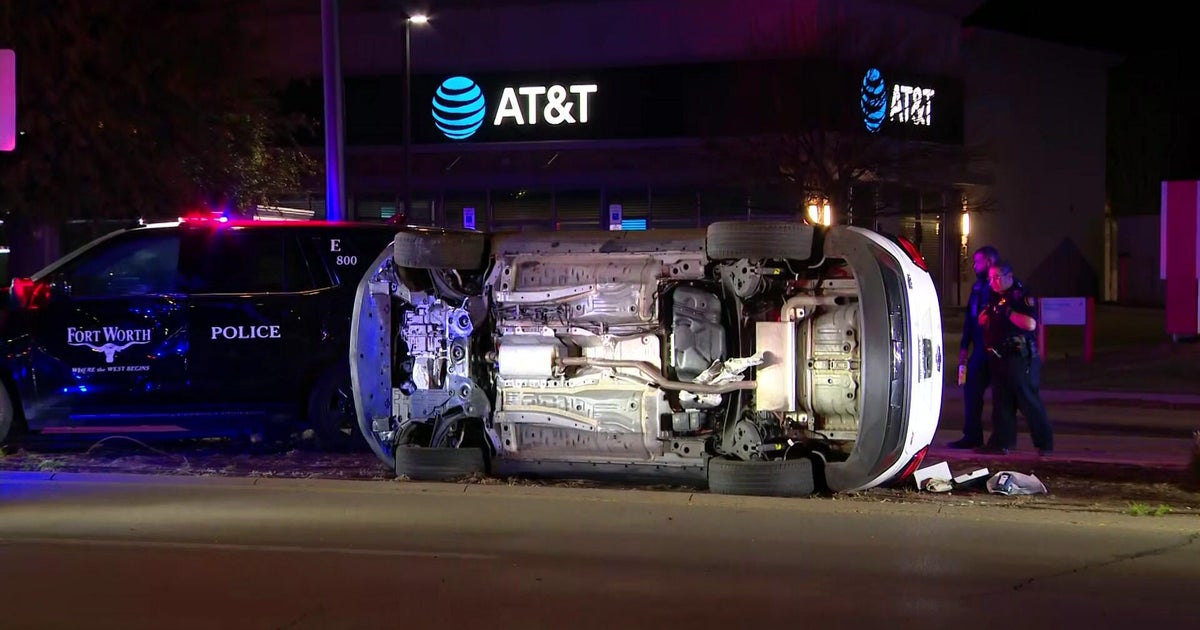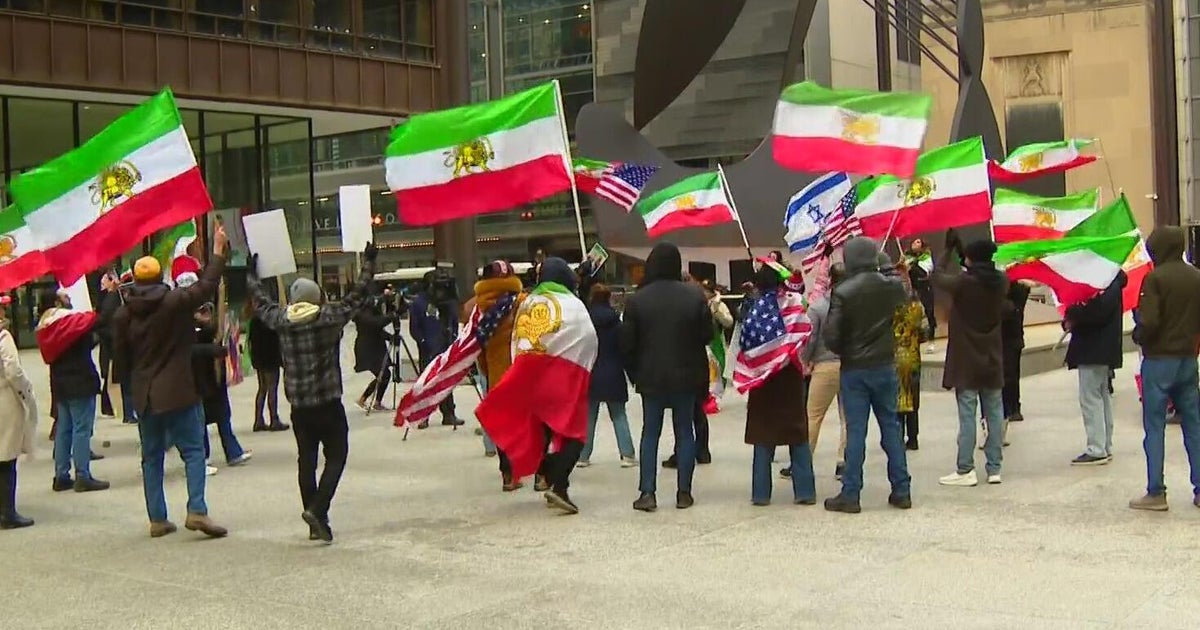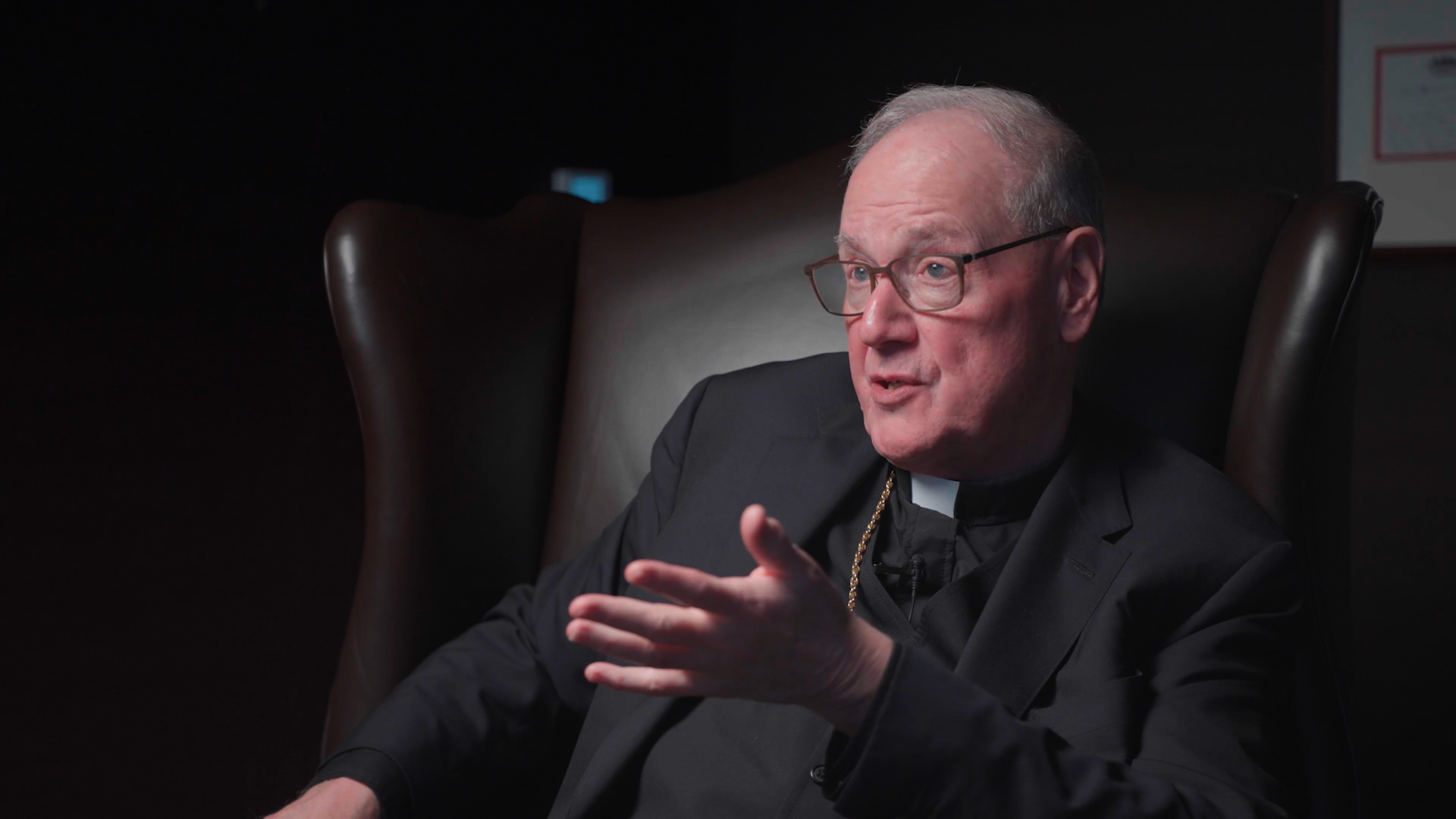Jamie Dimon: "I don't think I'm suited" to the presidency
Jamie Dimon is arguably the best-known banker in the U.S. He's been front and center for many of the major financial events of the last two decades, among them the financial crisis of 2008. He had taken the helm at JP Morgan Chase just four years prior. Described by The New York Times as "America's Least-Hated Banker" in 2010, which may be damning with faint praise, Dimon has emerged relatively unscathed, even as his company paid a $13 billion fine for its part in the 2008 crash.
Dimon sat down with CBS News' Jeff Glor for a wide-ranging interview on Wednesday, as JP Morgan Chase prepared to launch 70 brand new locations in the Washington, D.C. area, which the company is touting as a major jobs achievement. It comes in a year where tax reform is seen by many as having handed a gift to the executive class in America. How does Dimon see it?
"I don't think it's gone to executives, per se," said Dimon "Over time, capital gets reinvested. And that drives productivity and wages. And so the American public has to understand, that's what drives it.
Asked if the spoils of recent tax reforms had been distributed fairly, Dimon said was too soon to be able to see the results. "You know, over time, they will. But like I said, it's gonna be very hard to do it on day one. If a company has more capital, they'll use it."
Capital isn't the be-all and end-all. Dimon said that capital has to be matched with policy if ther is to be any hope of benefitting to society more widely.
"I made a list in my chairman's letter, the things we have failed to do that have hurt Americans, which include our inability to build infrastructure. We're not even in the top 20 countries anymore. And it's actually slowing down our growth, our inability to have immigration reform."
"America was supposed to be a land of opportunity. But if these kids aren't educated, and particularly, if they have a livelihood when they leave high school or community school, they're not gonna have jobs that give them a chance to have a house and a formation and-- and-- and household formation, et cetera.
"I'm disappointed in the progress we've made"
Dimon's annual letter to shareholders is more than just a chairman's report or financial statement, it's an annual treatise on where the global economy is at, and where JP Morgan Chase is, and should be, in that context. Beyond economics and banking, the letter looks at policy. Dimon's name has been thrown into the pot politically on and off - does his annual letter signal that he wants to involve himself in policy more deeply?
"I've been disappointed in the progress we've made in this country. So I wanted to lay out what I thought were some very important things that needed to get done. But remember, business and politics and the economy are inextricably linked.
"These public policy issues have hurt the growth of America dramatically. They're hurting the future of America. They're hurtin' the future of jobs. They're hurting the poor more than they hurt the rich.
"And if we can do a better job on public policy," Dimon said, "I think the country would be far better off. And most of these initiatives are not Democrat. They're not Republican. They're just things that need to be done better."
President Trump has been vocal about his desire to unblock infrastructure spending and the regulation that prevents it from being put to use -- a concern the two men appear to share.
"We used to be-- have the best infrastructure in the world. We put a man on the moon from the time that President Kennedy said, 'we're going,' what was a vision," Dimon said. "Eight years later, Neil Armstrong was walking on the moon, okay? Most of these bridges you build around here, from the time you ask, start the permits, to get the permits, not even build the bridge — 10 years. And that's a national disgrace. You know, so and that hurts everybody."
On Immigration & Education
Dimon sees education reform and immigration reform as two things that should be thought of in tandem.
"We need immigration reform. And also, if you get educated here, but you're a foreign national — 300,000 kids a year — we make 'em go home. They, a lot of 'em wanna stay here.
"And the universities talk about this. One of the great American exports is people come here and pay for education. And they say, 'Yeah, except we export brains overseas.' So I'd like to keep them here. There's 300,000. Give 'em a green card. Those things would actually create more growth. They create a better society, not a worse society. As you know, immigration also informs the vibrancy of this country."
On having President Trump's ear
Dimon chairs the Business Roundtable, an influential lobbying group, and while it's not a direct advisory council to the president, he still occasionally has contact with the White House.
JEFF GLOR: How often do you talk to the president?
JAMIE DIMON: N-- not a lot.
JEFF GLOR: When you talk to him, what do you say?
JAMIE DIMON: Well, I'm the chairman of the Business Roundtable. So I go for very specific things. And it was trade. We've spoken about trade. We've spoken immigration, about the policy issues that we're tryin' to give him our insights and what we think would be good for the country.
JEFF GLOR: You disagree with him, in part, on both trade and immigration, but also agree with him, in part?
JAMIE DIMON: Immigration, I don't know. Because it's not completely clear where the administration is on the broad spectrum of immigration. I've heard him say, publically, "I support DACA." I've heard him say, publically, "I wanna get immigration reform done.
But of course, it's all wrapped up in border security and things like that. So I-- you know, I'm not an expert on immigration policy. But if it were up to me, I'd try to get immigration fixed. You know, it's tearing at the body politics. It needs to be fixed.
We need to do better work on our medical system, right, so all Americans have healthcare, you know? And we don't have that. People are uninsured. We're not very good at wellness, obesity. Smoking is driving a tremendous amount of chronic disease. We could do much better in healthcare, too.
Russia and China
As head of a multinational corporation, it's no surprise that Dimon's circumspect on the threat posed by Russia and China, and sees opportunity even as the media is talking of a trade war, and sanctions on Russia.
"We do business with Russia," he said. "And you know, I obviously, wish the Russian people well. But this is a very confusing time, when it comes to, particularly, cyber, what's goin' on in the Middle East, Ukraine, sanctions. So you know, hopefully, it doesn't get worse. But I'd like to see it get better. So it is concerning.
"They [China], as a people, wanna lift up their nation of 1.4 billion people, just like any other nation wants to do that.
"They started, remember, in very bad shape. So they've done a great job doing it. We should work with them. They do compete economically. And I wanna compete with the Chinese banks. So I-- I don't wanna cede America's economic position, 'cause I'm more competitive. But there's no reason we can't do it together and help each other.
On running for president
Dimon has been mooted as someone who could conceivably run for president, a concept he's quick to dismiss.
"I've always been quite public. I don't think I'm suited to it. You know, President Trump is the only person in American history who wasn't formerly a politician or, basically, a famous general, like Ulysses S. Grant or Ike Eisenhower [to win the presidency]. Remember, he also was on TV. He was on a show and stuff like that. So I just don't think it's, I think it's very hard for businesspeople to make that transition."



